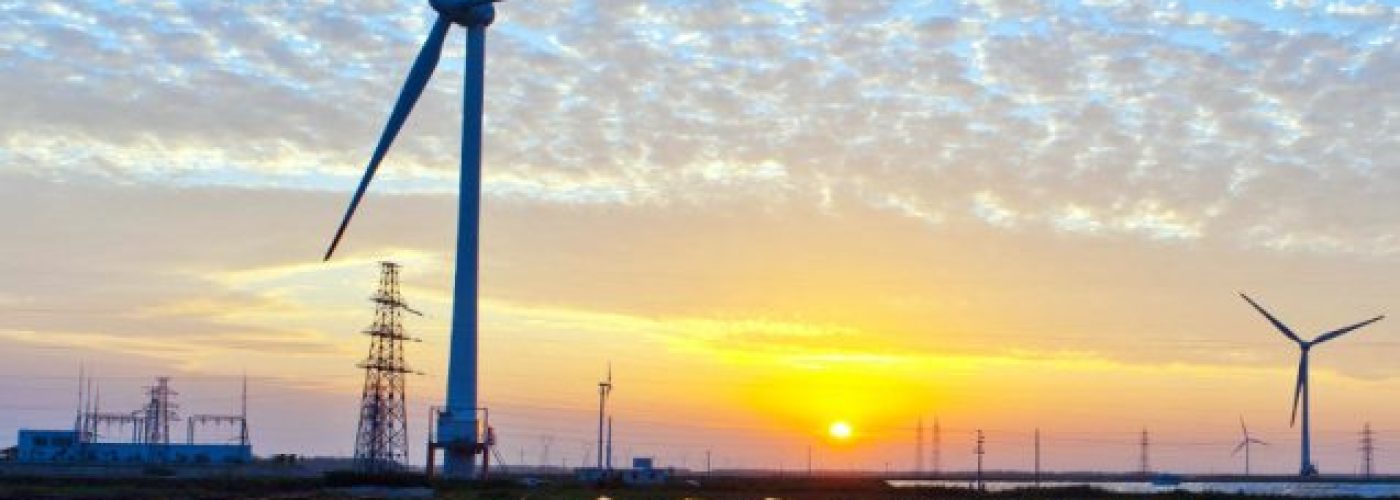WWF and ScottishPower report also shows combined technologies could increase house prices by an average of £10,000
Financial incentives, clear advice and support urgently needed from UK governments to make the shift a reality
New analysis from WWF and ScottishPower has found that a combination of green technologies could reduce energy bills by up to £1,878 a year.
The new report, Better Homes, Cooler Planet, also found that installing these low carbon technologies in homes could cut harmful emissions from energy by over 95%[1] over the technologies’ lifetime and increase property values by an average of £10,000.
As nearly 90% of the current increase in energy bills comes from the rising cost of gas, investment in low-carbon technologies can help to tackle the cost of living by cushioning householders against volatile energy prices .[2]
Solar panels, already increasing in popularity to combat rising energy prices, could boost householders’ finances by £586 a year, in electricity savings and selling any surplus back to the grid. The report also emphasises the need to invest in energy efficiency to insulate homes, to not only cut bills but maximise the benefits of other green technologies.
The report analysed five million house sales in England and Wales – one of the largest assessments of its kind – and found that:
- Installing an air-source heat pump could increase the sales value by around £5,000-£8,000;
- Solar panels could increase it by around £1,350-£5,400;
- An EV charge point could increase it by around £5,000;
- In combination, the value of a house could be boosted by an average of around £10,000 as a result of installing a combination of these technologies.
This suggests that buyers may be willing to pay more for these homes and sellers who have invested in them should benefit when they put their homes on the market.
Shifting to low carbon technologies in this way could also reduce a home’s lifetime carbon emissions from energy by up to 91 tonnes of CO2e or over 95% – the equivalent of taking 42 cars off the road per household.[3] Approximately one fifth of the UK’s carbon emissions currently comes from our homes with a further 15% from cars. To achieve net zero, these emissions will need to be reduced to zero in less than 30 years.
To make this a reality, Better Homes, Cooler Planet recommends support and policy change from all UK governments to help reduce the up-front and running costs of low-carbon technologies, including funding for homeowners and tax incentives for private landlords to install them, as well as strengthening consumer protection and advice.
It also urges the UK Government to consider an energy saving Stamp Duty incentive, as well as calling for financial institutions to introduce innovative products such as green mortgages and for estate agents, property listings websites, and surveyors to highlight the presence and value of green technologies to house buyers.
Isabella O’Dowd, Head of Climate at WWF-UK, said: “Accelerating the rollout of low-carbon technologies and energy efficiency is the best way to ensure the UK’s energy security, shield homeowners from the high price of fossil fuels, and protect the planet.
“To ensure that a wide range of people benefit, government must improve incentives for installing low-carbon technologies and provide more financial support and advice to homeowners and landlords.”
Rob McGaughey, Head of Smart Heat at ScottishPower, said: “As a company that already generates 100% green electricity, we know that decarbonising heat and transport is next. At ScottishPower we believe that home installations of heat pumps, solar panels and electric vehicle chargers can help both move the country away from its reliance on fossil fuels and address the climate crisis. Not only that, but the ‘Better homes, Cooler Planet’ report findings also demonstrate that installing a combination of these renewable technologies can be a smart investment for homeowners and landlords, increasing home equity value by an average of around £10,000 and significantly reducing energy bills.”
[1] By installing a combination of low-carbon technologies, a home could reduce its carbon emissions from energy use by 96.8% over the 30-year lifetime of the technologies, when compared to a poorly insulated home with an old gas boiler or by 95.9% with compared to a poorly insulated home with a modern gas boiler. Further details can be found on p.40 of the report.
[2] Source: Carbon Brief Analysis https://www.carbonbrief.org/analysis-cutting-the-green-crap-has-added-2-5bn-to-uk-energy-billsI
[3] Source: Calculation based on p.54 – Impact assessment: measures for introduction of E10 petrol (publishing.service.gov.uk)





